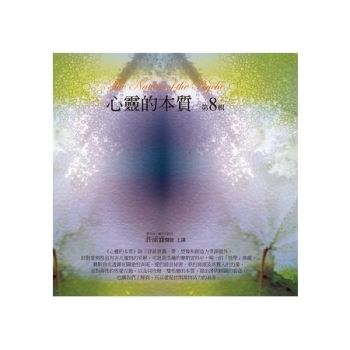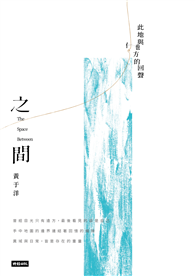Democratic governance means exercising state power with the people’s consent. Also, democratic governance gives every citizen a say in how decisions are made in their state affairs. For any democratic governance to be good and sustainable, it must have the characteristics of accountability and transparency. Meanwhile, the political system of Nigeria was developed to manage social diversity in a political economy based on oil natural resources. Nigeria’s political structures were built on the politics of managing diversity and allocating resources among the regions. The country’s federal system has created tension between how much power is worked from the center and how much gets to the constituent states and local governments. This book, therefore, considered how Nigeria’s democratic governance can be sustained since all attributes of good governance are largely non-existent. Nigeria’s governance has been embedded with corruption, bad governance/leadership, non-transparency, poor conduction of elections, and so on. It is on this note that this book gives some suggestions on how governance can be people-oriented and how they can enjoy the dividends of democracy.
| FindBook |
有 1 項符合
Sustainable Democratic Governance In Nigeria的圖書 |
 |
Sustainable Democratic Governance In Nigeria 作者:Ojewunmi 出版社:LAP Lambert Academic Publishing 出版日期:2024-11-06 語言:英文 規格:平裝 / 516頁 / 22.86 x 15.24 x 2.92 cm / 普通級/ 初版 |
| 圖書館借閱 |
| 國家圖書館 | 全國圖書書目資訊網 | 國立公共資訊圖書館 | 電子書服務平台 | MetaCat 跨館整合查詢 |
| 臺北市立圖書館 | 新北市立圖書館 | 基隆市公共圖書館 | 桃園市立圖書館 | 新竹縣公共圖書館 |
| 苗栗縣立圖書館 | 臺中市立圖書館 | 彰化縣公共圖書館 | 南投縣文化局 | 雲林縣公共圖書館 |
| 嘉義縣圖書館 | 臺南市立圖書館 | 高雄市立圖書館 | 屏東縣公共圖書館 | 宜蘭縣公共圖書館 |
| 花蓮縣文化局 | 臺東縣文化處 |
|
|
圖書介紹 - 資料來源:博客來 評分:
圖書名稱:Sustainable Democratic Governance In Nigeria
|











